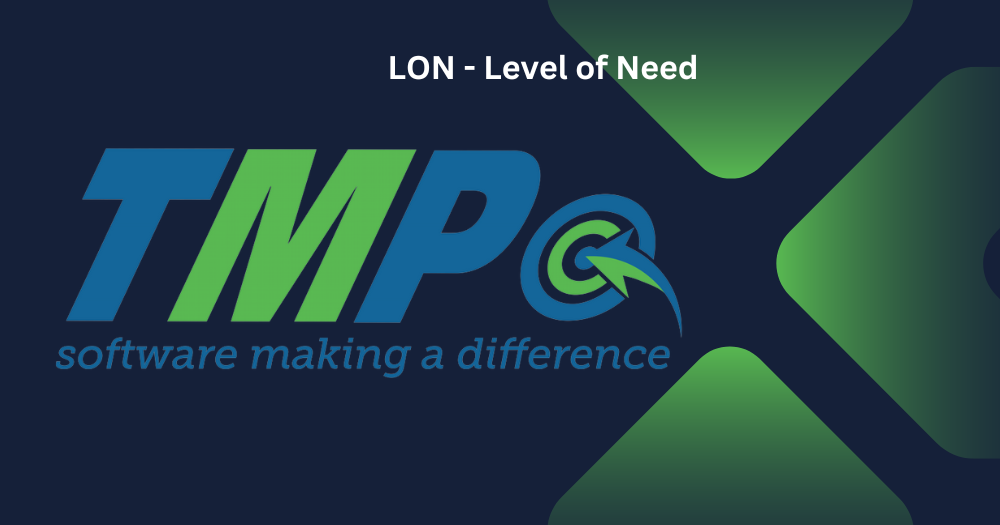The Level of Need (LON) in the context of Intellectual and Developmental Disabilities (IDD) care is a formal assessment used to determine the amount, type, and intensity of support an individual requires to address their daily living, health, safety, and behavioral needs. It serves as a critical tool for service planning and resource allocation, ensuring that care is personalized and appropriate for the individual’s unique circumstances.
Key Characteristics of Level of Need (LON) in IDD Care:
Moderate Needs: Regular assistance with daily living activities or behavioral support.
Purpose:
To classify the level of support required for individuals with IDD in various areas of life.
To guide the development of individualized care plans, allocate funding, and determine eligibility for services such as Medicaid waivers.
Assessment Process:
LON is typically determined using standardized tools like the:
Inventory for Client and Agency Planning (ICAP).
Supports Intensity Scale (SIS).
These tools evaluate the individual’s:
Functional Abilities: Skills related to self-care, mobility, and communication.
Behavioral Needs: The presence and intensity of behavioral challenges requiring intervention.
Medical Needs: Complex medical conditions or ongoing health issues that require specialized care.
Categories or Tiers:
LON assessments often categorize individuals into tiers or scores that correspond to increasing levels of need, such as:
Minimal Needs: Occasional support for basic tasks.
- Intensive Needs: High levels of support, such as 24/7 care or extensive medical supervision.
- In Texas, for example, the LON system includes designations like LON 1 (low need), LON 6 (high need), and LON 9 (maximum need).
- Services Linked to LON:
- Home and Community-Based Services (HCS) or other waiver programs use LON scores to determine the scope and funding of services, such as:
- Personal care and assistance.
- Behavioral health support.
- Respite care for caregivers.
- Specialized therapies (e.g., speech, occupational therapy).
- Home and Community-Based Services (HCS) or other waiver programs use LON scores to determine the scope and funding of services, such as:
Applications of LON in IDD Care:
- Service Planning:
- LON determines the intensity and frequency of services needed to support an individual’s daily life and long-term goals.
- Resource Allocation:
- Helps ensure equitable distribution of funding and services based on actual need rather than a one-size-fits-all approach.
- Eligibility Determination:
- Determines whether an individual qualifies for certain IDD programs, such as Medicaid waiver services or state-funded supports.
- Crisis and Emergency Services:
- Higher LON scores may indicate the need for additional resources or crisis intervention plans.
Reevaluation of LON:
- Periodic Review: LON is typically reassessed annually or when significant changes occur in an individual’s needs.
- Person-Centered Approach: Updates to the LON consider the individual’s evolving circumstances, preferences, and goals.
Importance of LON in IDD Care:
- Promotes Person-Centered Care:
- Ensures services are tailored to the individual’s specific needs, preferences, and goals.
- Enhances Quality of Life:
- Aligns support with the individual’s ability to achieve independence, safety, and community involvement.
- Increases Accountability:
- Provides a standardized way to evaluate and monitor care needs, ensuring resources are used effectively.
In summary, the Level of Need (LON) is an essential component of IDD care, serving as the foundation for equitable, individualized, and effective service delivery. It ensures that individuals receive the right level of support to thrive in their communities and achieve their personal goals.

